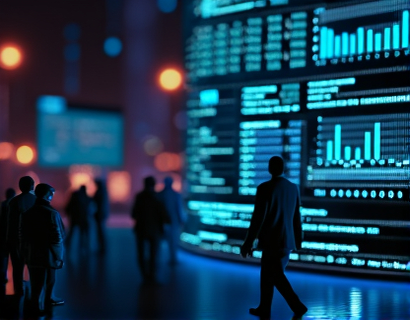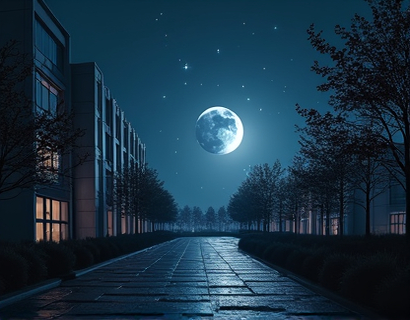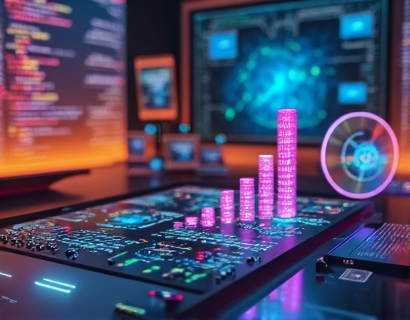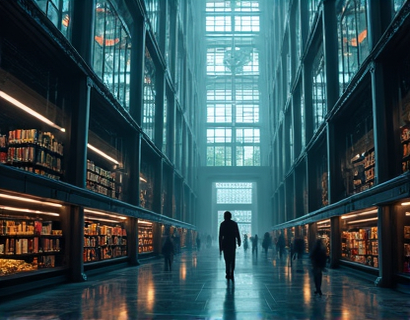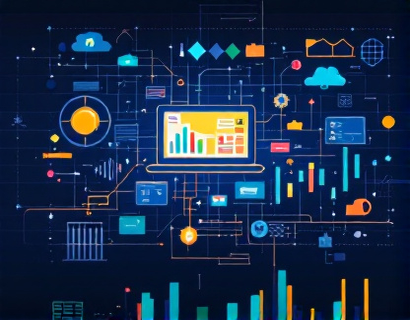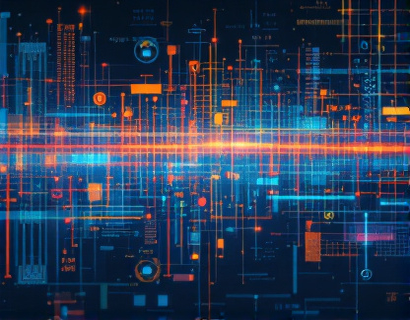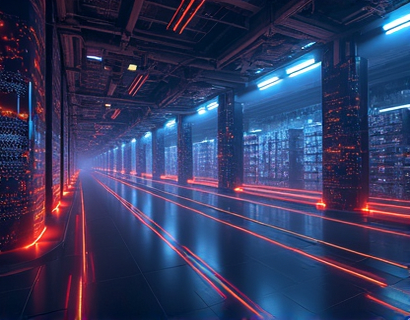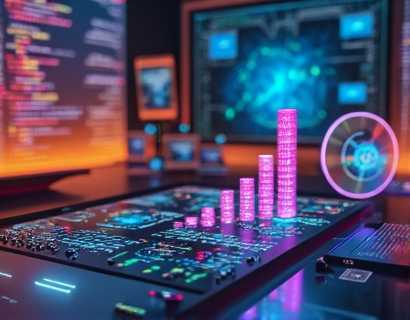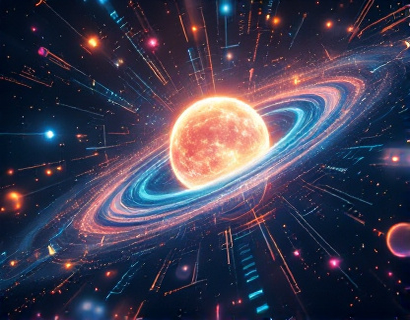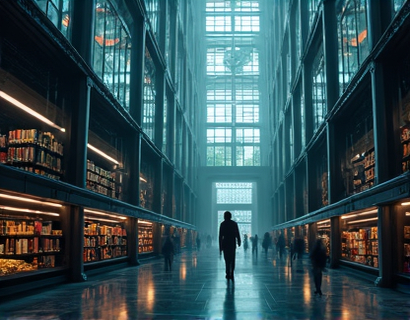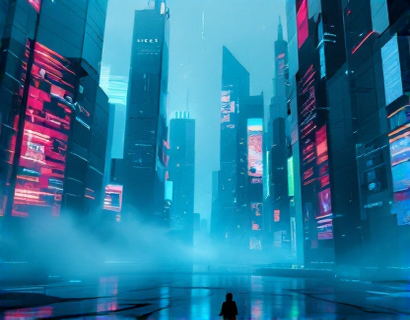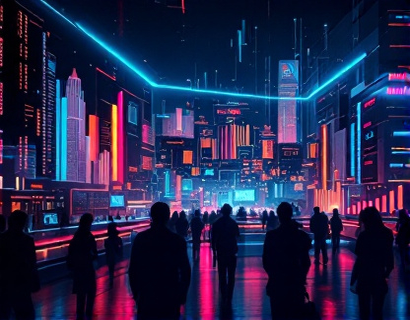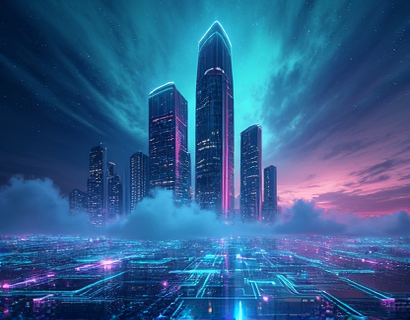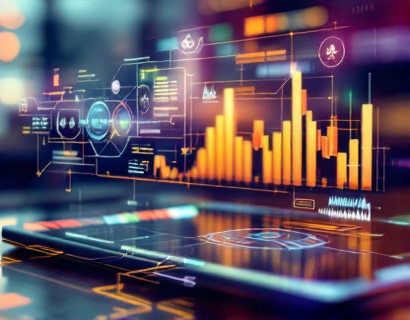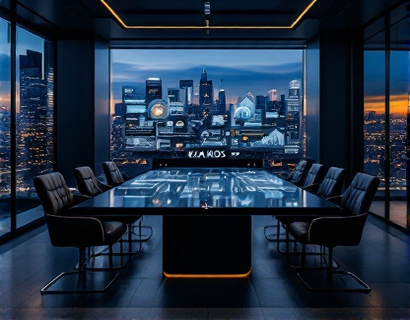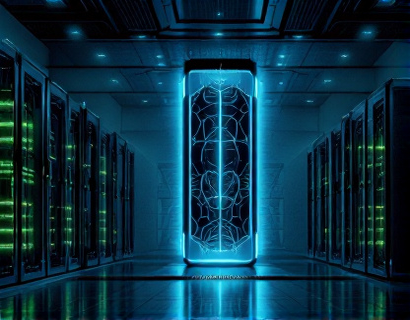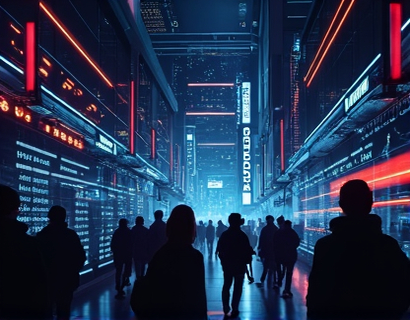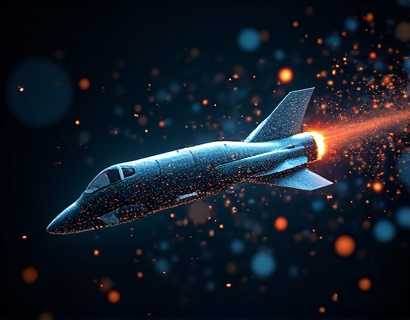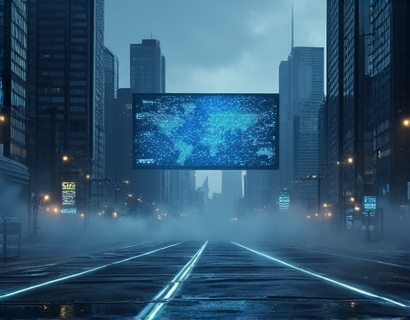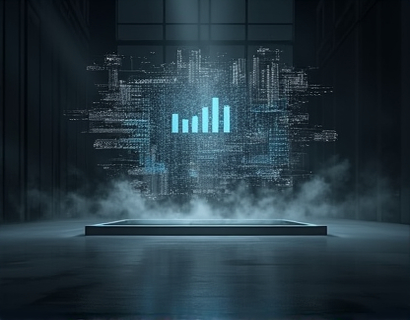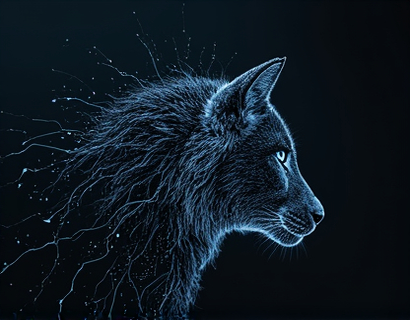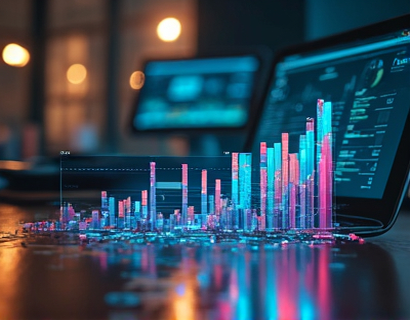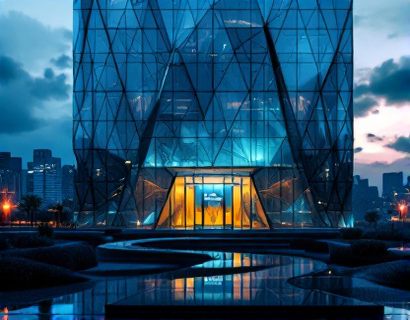AI-Powered Creativity Catalyst: Revolutionizing Entertainment Production with Advanced Technology Solutions
The entertainment industry, encompassing film, music, and gaming, is undergoing a transformative shift driven by the integration of Artificial Intelligence (AI) technology. This revolution is not just about automating tasks but about enhancing creativity, optimizing production processes, and streamlining project management. AI is providing advanced tools that empower filmmakers, musicians, and game developers to push the boundaries of what is possible, achieving exceptional results and setting new industry standards.
Enhancing Creativity with AI
Creativity is the lifeblood of the entertainment industry. AI technology is now an indispensable ally in this creative journey. For filmmakers, AI can assist in scriptwriting by analyzing successful narratives and suggesting plot developments, character arcs, and dialogue. This not only speeds up the writing process but also introduces fresh perspectives that human writers might overlook. In music, AI algorithms can compose original pieces, generate unique soundscapes, and even create virtual musicians that can perform in real-time. For game developers, AI can generate dynamic and responsive game worlds, creating non-playable characters (NPCs) with complex behaviors and adaptive storytelling.
One of the most significant ways AI enhances creativity is through collaboration. AI tools can analyze vast amounts of data from previous successful projects and suggest innovative ideas based on those patterns. This collaborative approach between human creativity and AI analysis leads to breakthroughs that would be difficult to achieve alone. For instance, an AI system might recommend an unconventional plot twist in a film script or suggest a novel musical composition that resonates with the target audience.
Optimizing Production Processes
Production in the entertainment industry is notoriously complex and time-consuming. AI technology is streamlining these processes, making them more efficient and cost-effective. In film production, AI can optimize scheduling by analyzing the availability of cast and crew, weather conditions, and location logistics to create the most efficient shooting schedule. This reduces downtime and ensures that the production stays on track.
For music production, AI can automate tedious tasks such as sound mixing and mastering, ensuring consistent quality across tracks. AI-driven tools can also analyze audience preferences and adjust the production process to better align with market demands. In gaming, AI can manage the vast amounts of data required for level design, asset management, and testing, reducing the workload on human developers and accelerating the development cycle.
Streamlining Project Management
Project management is a critical aspect of any entertainment production. AI technology is revolutionizing how projects are managed by providing advanced tools that enhance coordination, communication, and oversight. AI-powered project management systems can predict potential bottlenecks and suggest proactive measures to mitigate risks. These systems can also centralize all project data, making it easily accessible to all team members, thus improving transparency and collaboration.
For instance, AI can monitor the progress of different departments in real-time, ensuring that everyone is aligned and working towards the same goals. In film production, AI can track the status of visual effects, special effects, and post-production tasks, alerting the production manager to any delays. In music production, AI can manage the workflow of recording sessions, mixing, and mastering, ensuring that each step is completed on time. For game developers, AI can oversee the development of multiple game assets and features, ensuring that the final product meets the desired quality standards.
Advanced Tools for Filmmakers
Filmmakers stand to gain significantly from AI-powered tools. One of the most impactful applications is in pre-production. AI can analyze scripts and storyboards to identify potential issues and suggest improvements. For example, AI can evaluate the pacing of a script, recommending cuts or additions to enhance the narrative flow. It can also assist in casting by analyzing actor performances and matching them with roles that best suit their skills and chemistry with other cast members.
During production, AI can optimize camera angles and lighting setups based on the scene's requirements. Machine learning algorithms can simulate different shooting conditions and suggest the best settings to achieve the desired visual effect. Post-production benefits from AI-driven editing tools that can automatically cut scenes, adjust transitions, and even generate initial color grades. These tools not only save time but also allow filmmakers to focus on the creative aspects of their work.
Innovations in Music Production
Music production is another area where AI is making significant strides. AI algorithms can analyze vast libraries of music to identify trends and patterns, helping musicians create tracks that resonate with their audience. Virtual instruments powered by AI can generate unique sounds and textures, expanding the creative palette available to composers and producers. AI can also assist in the mixing and mastering process, ensuring that the final product sounds polished and professional.
One of the most exciting developments is the creation of AI-generated music. AI systems can compose original pieces for films, advertisements, and video games, reducing the need for extensive human composition. This not only speeds up the production process but also opens up new opportunities for musicians to collaborate with AI, creating hybrid works that blend human creativity with machine efficiency.
Transforming Game Development
In the gaming industry, AI is transforming the way games are designed, developed, and played. AI-driven tools can generate procedural content, creating vast and varied game worlds that are unique to each player's experience. This not only reduces the workload on developers but also ensures that players have a fresh and engaging experience every time they play. AI can also enhance gameplay by creating intelligent NPCs that adapt to the player's actions, making the game more challenging and immersive.
AI-powered analytics can provide deep insights into player behavior, helping developers understand what features and mechanics are most engaging. This data can be used to iterate and improve the game, adding new content and features based on player preferences. Additionally, AI can facilitate the localization process, ensuring that games are culturally relevant and accessible to a global audience.
Challenges and Considerations
While the integration of AI in the entertainment industry offers numerous benefits, it also presents challenges that need to be addressed. One of the primary concerns is the potential displacement of human workers. However, rather than replacing jobs, AI is more likely to augment human capabilities, allowing professionals to focus on higher-value tasks that require creativity and critical thinking.
Another consideration is the ethical use of AI. Ensuring that AI-generated content respects copyright laws and does not infringe on intellectual property rights is crucial. Additionally, there is a need to maintain the human touch in creative works, as over-reliance on AI could lead to a homogenization of content.
Future Prospects
The future of AI in the entertainment industry is bright, with ongoing advancements promising even more innovative solutions. As AI technology continues to evolve, we can expect to see more sophisticated tools that further enhance creativity, optimize production, and streamline project management. The collaboration between human creativity and AI will likely lead to new forms of entertainment that were previously unimaginable.
For filmmakers, musicians, and game developers, embracing AI technology is not just an option but a necessity to stay competitive. By leveraging AI-powered tools, professionals can unlock new levels of creativity, efficiency, and innovation, setting new industry standards and pushing the boundaries of what is possible in entertainment production.



